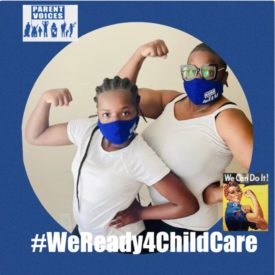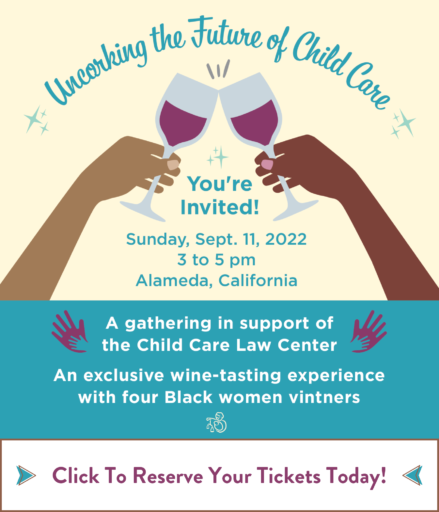New fire guidance that clarifies the rules for family child care homes was released by the Office of the State Fire Marshal (OSFM) on March 19, 2021. Here are some highlights from the OSFM.
Policy Updates
Early Childhood Educators Deserve Student Debt Forgiveness!
The US Department of Education is asking for public comment on a proposed rule. It would expand student loan forgiveness to EC educators in for-profit settings.
We support expanded eligibility and including family child care providers in the loan forgiveness plan. Add a personal comment if you can.
Joint Statement on the 2022–2023 California Budget from Parent Voices CA & Child Care Law Center
The 2022-2023 state budget process was important and exhausting. Our families and providers showed up at the Capitol, at legislative hearings, on Zoom, and in the streets to share their lived experiences.
Updates on the US Senate Plan to Fund Child Care
Congress has not yet voted on sending money for child care to every state. Senator Murray and Senator Kaine’s proposal calls for $150 – $200 billion for child care in the federal reconciliation package to help more families get child care, lower costs, and pay child care providers more livable wages.
The Final State Budget Update 7/1/22
After Governor Newsom released the May Revise on May 13, the Senate and the Assembly met this week to discuss how they would agree on a state budget before the June 15 deadline.
Child Care Law Center’s Response to the May Revise
On May 13th, Governor Newsom released his May Revise of his proposed California budget for 2022-23.
The May Revise gives California a strong starting point toward a more equitable child care system, and Child Care Law Center commends Governor Newsom for proposing to waive family fees for one year through June 30, 2023.







